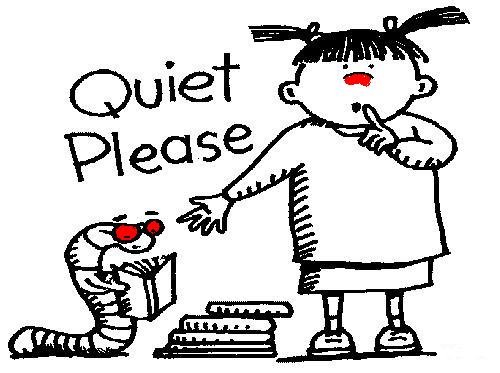
Midsummer is the magical time when the days are longest and the nights are shortest. This was when ancient peoples gathered to celebrate the sun.
June 21st is the longest day of the year. We call it summer solstice. December 21st is the shortest day of the year. We call it winter solstice.
On these days the sun seems to stand still in the sky for a few days. The word solstice comes from the Latin for sun + stand still – sol + stice.
On these days the sun seems to stand still in the sky for a few days. The word solstice comes from the Latin for sun + stand still – sol + stice.
In Australia the longest day is in December and the shortest day is in June.
We live in the northern hemisphere (north of the equator), and the Earth is tilted towards the sun in the summer and away from the sun in the winter.
Australia is in the southern hemisphere (south of the equator) and the earth is tilted towards the sun in the winter and away from the sun in the summer.
In Australia winter starts on June 21st. Strange, isn’t it?
Therefore they celebrate Christmas at the beach! <--- click here
Therefore they celebrate Christmas at the beach! <--- click here
People all over the world have held solstice celebrations for thousands of years.
For our ancestors, the seasons and the weather played a central role in their lives.
We still celebrate summer solstice with singing, dancing and bonfires.
In Stonehenge, England, people meet and celebrate summer solstice. You can see pictures here.
Vocabulary:
Vocabulary:
midsummer - Hochsommer, Mitte des Sommers
magical - magisch
ancient peoples - altertümliche Völker
to gather, gathered - versammeln, versammelten
to celebrate - feiern
summer solstice - Sommersonnenwende
winter solstice - Wintersonnenwende
magical - magisch
ancient peoples - altertümliche Völker
to gather, gathered - versammeln, versammelten
to celebrate - feiern
summer solstice - Sommersonnenwende
winter solstice - Wintersonnenwende
from the Latin - aus dem Lateinischen
northern hemisphere - nördliche Halbkugel
southern hemisphere - südliche Halbkugel
northern hemisphere - nördliche Halbkugel
southern hemisphere - südliche Halbkugel
ancestors - Vorfahren
a central role - eine wichtige Rolle
tilted - gekippt, geneigt, schräg, schief
towards - gegen, in Richtung
therefore - deshalb
bonfire - Feuer, Lagerfeuer, Freudenfeuer
Can you do this quiz on summer soltice?
tilted - gekippt, geneigt, schräg, schief
towards - gegen, in Richtung
therefore - deshalb
bonfire - Feuer, Lagerfeuer, Freudenfeuer
Can you do this quiz on summer soltice?
But it is REALLY DIFFICULT !


No comments:
Post a Comment